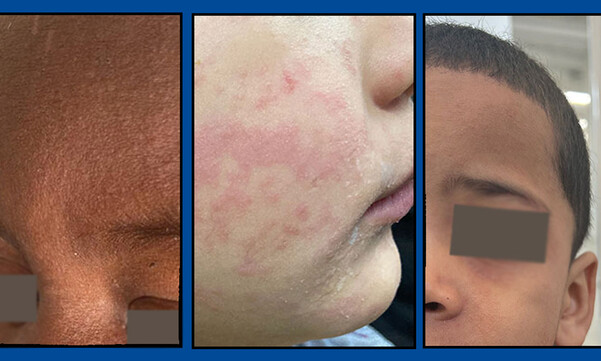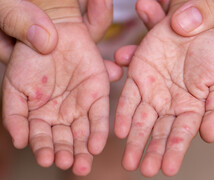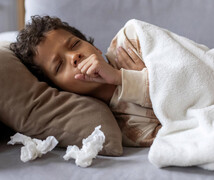Ask a parent if their teenager occasionally experiences mood swings and they will probably laugh at the understatement. Many believe it’s normal for teenagers to be moody. And, for the most part it is.
That doesn’t mean parents should throw their hands up in defeat. Instead, they need to engage their teenagers and teach them ways to cope with new stresses. Parents also need to know the difference between occasional bouts of moodiness and teenage depression. Ignoring the signs can lead to serious consequences.
Knowing how to respond to your moody teen and when to take action can help your child grow into a healthy adult.
The Perfect Storm
It’s no wonder teens are moody. Think of the teen years as a perfect storm of physical, social, biological, and hormonal changes, which often converge when they are making the transition to a new middle or high school.
Their bodies are starting to change and develop as they move through puberty, which can sometimes lead to insecurities about their body image, explains Monica Barnes-Durity, MD, a family medicine physician at Duke Primary Care in Morrisville. “They are also being exposed to many visual cues from the media and their peers. The different social factors can influence how adolescents think they should look, feel, and talk.”
At the same time, the teenage brain is wired to feel emotions strongly, explains Richard Chung, MD, an adolescent medicine specialist with Duke Health. This can be a real asset in some situations but can also mean they are less likely to control their impulses and emotional outbursts.
What’s a Parent to Do?
When teens start to talk back, cry for no apparent reason, or storm to their rooms in anger, many parents don’t know what to do.
“Parents need to understand that occasional displays of moodiness, anger, and rebellion are normal,” says Dr. Barnes-Durity, who adds that parents should remain calm while maintaining control. “Parents need to adapt new ways to help their adolescents make the right choices and become more responsible young adults.”
- Help your teenager learn to adapt new skills to cope with stress, says Dr. Barnes-Durity.
- Encourage stress-relieving activities such as sports or watching funny movies.
- Teach them the importance of positive affirmation by using positive words when discussions get heated.
- Stay involved in their everyday lives.
- Seek out a mentor for your child who is a good role model, someone your child feels comfortable talking to.
“Even though your child may be pushing back with a negative attitude, you don’t have to stay back,” says Dr. Barnes-Durity. What’s most important is that you support your child through this change
Know the Signs of Teenage Depression
Problems can occur when parents think moody teens should be left alone. Some personal space and privacy is important, but extensive bouts of moody behavior can signal teenage depression, which is on the rise. Recent reports indicate one in five teens suffer from clinical depression.
Teenagers who become withdrawn; communicate less with parents, siblings, and friends; experience changes in their sleeping and eating habits; and lose interest in their favorite activities may be experiencing depression. In teens, depression might also be expressed as anger and irritability. “If mood swings are persistent, if they last more than two weeks, if they persist abnormally long after the typical ups and downs of losing a game or breaking up with a significant other, they should be addressed,” says Dr. Chung.
Parents who are troubled by their teenager’s changing behaviors should speak to their primary care provider, who can assuage concerns or recommend the child be seen by a behavioral health specialist. “Parents may want to ignore their teens behavior, or push the idea of seeing a therapist aside, but it is important for children to be assessed by a professional when appropriate,” stresses Dr. Barnes-Durity.
Studies show most teenagers with depression are undiagnosed or diagnosed and untreated. “We know that early detection and early treatment will not only help today and tomorrow, but also in the future,” says Dr. Chung.




